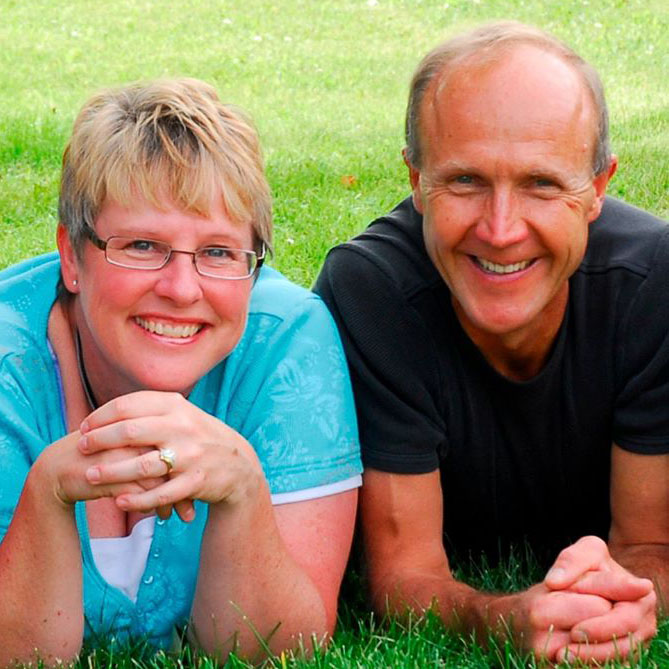Holy cow – life can be hectic. We make lighting-fast decisions about how we will use our precious time – some with great thought and some without much consideration for the consequences.
Many of us have received requests/demands like these.
– Could you stick around and help finish this project? It won’t take long.
– You can’t leave now. We’re almost done.
– This is really important to us, and you’re the best person for the task. Will you please take this on?
Or have you had incongruent conversations in your own mind like these?
– I need to get this done. I’ll just skip lunch.
– He/She won’t mind if I’m a bit late. They’ll understand that my work is important.
– It’s an important hockey game on TV. I’m sure our guests won’t mind if I slip away for a few hours.
– Sometimes I forget about family things, but I never forget important meetings.
Now let’s step away from these scenarios and look at what is occurring at a more basic level so we can evaluate the duality of our choices.
In grade school, I remember learning about electricity – lights were on or off. Later on, in math class, it was a binomial system – 0 or 1. It seems so simple, and this duality is the basis of modern technology.
We live our lives by a similar system. We use a bi-choice system – yes or no. But we complicate this because we are “human beings”. We have a secondary system called “emotions”. Emotions are what give life passion, purpose, and vitality. And there are the opposite emotions, which are apathy, despondency, and lethargy. I’m guessing that you’ve experienced both types.
Any time you choose “yes” you are also choosing “no” to something else. And the emotional message resulting from this simple choice may have a fantastic, or devastating long-term result. What may seem purposeful to me may deliver a message of apathy or rejection to someone with whom I have a relationship.
Here’s how it works.
I remember many times saying “yes” to a little more work, rather than:
– cuddling and communicating with my wife, Carol
– playing a game with my sons, Jamie and Brad
– going for a run or ski through the forest
– taking the day to visit family or friends.
These choices meant I was saying “no” to my wife, my children, myself, and other important relationships.
The emotional message I was giving myself was that my work was more important than my relationships with my wife, children, friends, relatives, and with myself.
And the emotional message I was giving others was that they weren’t important to me. “Yes” I had time for work but “no” time for them.
It was easy for me to choose this habit, because there was always more work to do. When I look back on it, I also began justifying this in my mind as being OK. “If I work really hard for a few more hours (or days, weeks, years), then I’ll have lots of time for those people. Boy, I’m going to be happy and successful then!”
But it didn’t take long until the relationships became very emotionally and physically drained and challenged. My personality style was such that if something wasn’t going well, I would remove myself from it and expect that it would sort itself out on its own. This “stick-my-head-in-the-sand” approach (picture that – head down and you-know-what up) meant that sooner or later, the part of my body that was in the air was going to get a swift kick. And it hurt – physically and emotionally.
I’ve learned to be consciously aware that when I choose “yes” to one thing, I am always choosing “no” to something else. And if you evaluate your life, exactly the same applies to you.
My challenge for you this time, if you choose to accept, is very basic, yet the effects may be immense. Consciously evaluate every choice you make. When you choose “yes”, what are you saying “no” to?
With the annual festive season upon us, we have many opportunities to practice this.
Consider the following:
– If I say “yes” to getting caught up in the materialistic buying frenzy, am I saying “no” to feelings of financial peace and contentment in the New Year?
– If I say “yes” to a few extra hours of work, am I saying “no” to a fun social gathering with co-workers and friends?
– If I say “yes” to an extra helping or two of dessert, am I saying “no” to my promise to myself to eat sensibly?
– If I say “yes” to another drink (or two or six), am I saying “no” to feeling energized and rested in the morning?
My point is not to tell you what choice to make. The challenge is to make these choices consciously, aware that each “yes” is also a “no”. And ultimately, your choice affects your relationships with self and others at a much deeper emotional level.
I encourage you to slow down, take time for yourself, family, and friends. Savour the magic of the Christmas season. Reflect on, and celebrate, a year of learning, growth, and success.
Yes, celebrate. Eat, drink, and be merry, aware that you own every result and feeling you get.
From my family to yours, I wish you a Christmas season and a new year filled with abundance, love, peace, and fun. That sounds like success to me.
Ho, Ho, Ho and away we go! See you next year.

